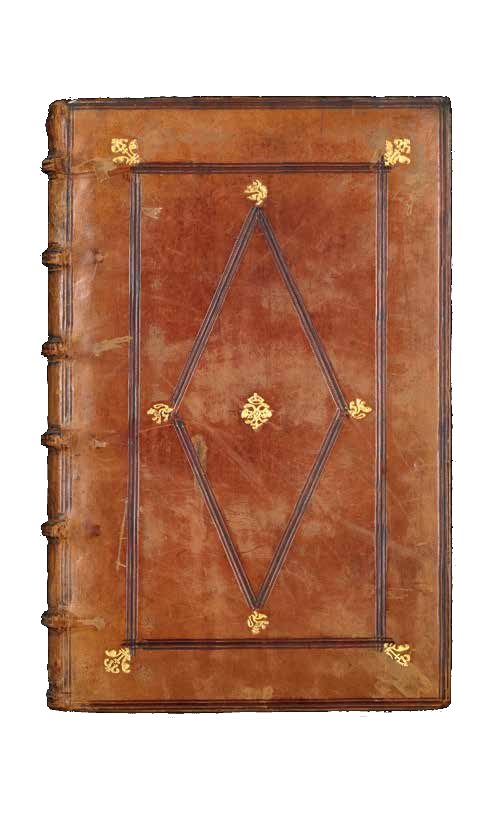Outline of the program
The Rare
Book and Digital Humanities Master’s degree aims at providing high level
competence in rare and early books with a view to providing the
capacity to work in the book trade or in rare book conservation and
digitization, along with digital humanities expertise allowing one to
supervise digitization, online accessibility, and 3D animation projects,
among others.
Program description
A
two-year Master’s degree taught in English (80 per cent) and French (20
per cent). Subjects taught include descriptive bibliography (description
of rare and early books); history of the book and writing; digital
humanities theory and practice; community management; computer science
(TEI, XML, database creation and management, digital imaging, 3D
technology) and basic training in classical languages. It provides the
following skills: knowledge of the principles of descriptive
bibliography and competence in bibliographical description of rare and
early books; familiarity with the book world and culture of writing as
well as culture in a broad sense; theoretical and practical knowledge in
computer science; general and practical knowledge of ancient and modern
languages, with a view to being able to work at an international level
in the book trade, auction houses, libraries, museums, and other
cultural institutions.
This postgraduate degree has a twofold
research and professional orientation. It therefore prepares for either
professional insertion in one of the sectors described below or further
study at the doctorate level.
Entry requirements
Graduates in classics, comparative literature, history, art history, English or modern languages, philosophy, and all persons interested in the culture of the book and writing and in applied digital technology (persons without a B.A. degree can apply for validation of professional experience). French language courses are offered before the beginning of the academic year.
Future career prospects
- Professional insertion with two years of postgraduate work; rare book trade; curator ship in libraries or museums (internationally); head of digitization projects in cultural institutions; consultant in rare and early books.
- Further study at the doctorate level (with numerous opportunities for double supervision in Europe and beyond) in digital humanities, English and anglophone studies, Spanish, Portuguese, Italian, and Latin-American studies, classical studies, comparative literature, history, and art history.
